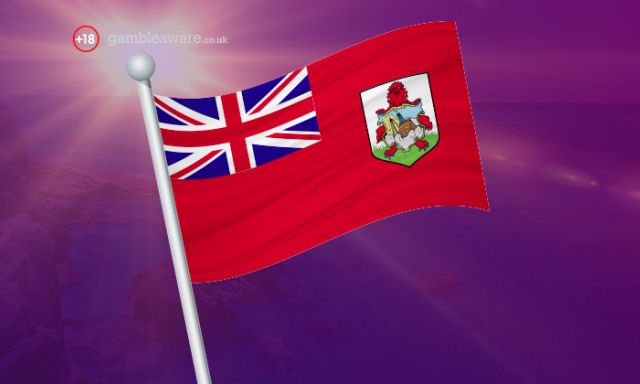The independence of gambling regulators is an important part of upholding standards for consumers, while providing legal certainty for operators. Especially with online operators, the flexibility to base operations in the most favourable jurisdictions means independent, well-resourced licensing authorities are essential to attract new licensees.
In light of these practicalities of the global gambling industry, most governments and licensing authorities opt for stable licensing authorities, and a defined legal system of regulation. As a result, the latest measures adopted by the parliament in Bermuda have attracted howls of criticism from industry stakeholders, over fears the latest revisions to the legislation could undermine its appeal as a gambling destination.
The Casino Gambling Amendment Act 2017, brought forward by the Progressive Labour Party government, has been seen as hugely controversial, despite receiving the green light from the island nation’s parliament. Voted through on party lines, the measures were opposed by the opposition One Bermuda Alliance.
The bill has been introduced to effectively alter the remit of the Bermuda Casino Gaming Commission, removing much of the certainty of the current fixed regime, in favour of a more open-ended obligation to follow the direction of the Minister of Economic Development and Tourism.
The law requires the BCGC to follow ‘general directions’ on policy from the Minister, as well as vesting the power to replace members of the commission at a whim – whenever he ‘considers appropriate’.
Passed on the strength of the Progressive Labour Party’s majority, the bill has been met with stark opposition, both from industry stakeholders, and from opposition MPs.
The thrust of their concerns centre around the lack of certainty introduced by these measures, and the potential for regulation in the gambling industry to effectively change according to the desires and wishes of the relevant Minister.
The suggestion is that too much of the gambling commission’s powers will now be vested in the hands of one politician, which opens up legitimate gambling operators and consumers to the changing moods and whims of the official.
At proposal stage, the measures sparked a series of resignations, including the commission chairman Alan Dutch, his deputy Gerry Medeiros, and commissioner Derek Ramm, with only two of the commissioners remaining in post.
The development comes as Bermuda considers applications for its first licensed domestic casinos, and critics of the plans have said the measures will allow the Minister to effectively pick and choose licensees according to his subjective judgement.
Jamahl Simmons, the Minister who will ultimately be responsible for these new powers, denied the bill would provide him with the personal discretion to choose licensees, and insisted there were no proposals to enable him or any successor to “interfere with corruption investigations”.
Michael Dunkley, the former Bermuda premier, said the BCGC needed to be entirely neutral and apolitical, and said the bill represented a massive and unnecessary transfer of powers, saying the future ‘looks bleak’.
The new law will make it difficult for licensees, especially if the powers are ultimately used as feared by the opposition and industry stakeholders. Without a fixed basis for regulation, and for licensees to adhere to, it will prove difficult for Bermuda to bring its casino gambling industry to maturity.
And with significant, much-needed revenues on the line, this could yet prove a costly move from the government there. With licensees pending, and resignations at the top of the BCGC ahead of its crucial decision making phase, it looks like the new act is already causing difficulties for their nascent casino gambling sector.








